Poland's Museums Are Taking a Conservative Turn
Listen to an interview with activist and journalist Igor Stokfiszewski

The Polish government, headed by the Law and Justice Party, has replaced a number of directors of prestigious cultural institutions. We spoke about the transformation of the Polish cultural landscape with the journalist and artist Igor Stokfiszewski.
“The Minister of Culture is using brutal language against contemporary art. He is labelling artists Bolsheviks, using the Nazi term “degenerate art” and so on,” argues Igor Stokfiszewski. The minister Piotr Gliński is also refusing to extend contracts for directors unfriendly to the regime, and filling the vacated posts with stooges. In the long term the cultural infrastructure is therefore being closed off from critical and engaged curators and artists. Although these personnel changes are legal, from the perspective of the Polish artistic community the minister’s measures are illegitimate.
“It has a large influence on what’s happening in the arts. The present Polish government is attempting to control important museums, galleries and theatres in order to impose a new direction of the programme oriented towards nationalism and traditional values, or even right-wing political propaganda. This applies for example in the case of the Ujazdowski Castle in Warsaw,” describes our guest on this sixth edition of Raut, the author of the books Zwrot polityczny (Political Coup) and Prawo do kultury (Right to Culture).
Subscribe
“Artistic freedom is under threat in Poland. Since the 1990s a law has been in force here which enables politicians to censor artists critical of the church. The present government is making frequent use of this law, as well as other tools of economic censorship,” relates Stokfiszewski.
The situation has also been picked up on by the international press. The measures imposed by the Ministry of Culture are linked with broader efforts to transform the social discourse and consolidate power. Politicians from the Law and Justice Party are engaged in a long-term campaign to interfere with the independence of the judiciary, media and civil service. This country with a population of almost forty million has thus come into conflict with the European Union, whose representatives are criticising the Polish government for violating the principles of the rule of law. The government is exploiting art and culture in order to construct a false narrative of the Polish nation, which plays down or suppresses any problematic chapters in the history of the state.
“An exhibition was held in the Museum of the Second World War in the city of Gdansk in northern Poland, which critically highlighted the role played by the Poles during the Second World War. The director installed by the Ministry of Culture and National Heritage changed the content of the exhibition in order to accentuate the positive contribution of the church during the war and the resistance of the Poles to the Holocaust, in spite of the fact that we know from history that the Poles were fairly anti-Semitic and that our historical role is not a positive one regarding the issue of the Holocaust,” states the journalist.
Note: We spoke to Igor on the day after the Russian Federation’s invasion of Ukraine. Like our guest we have been deeply affected by the events of recent weeks, and we hope that the current violence in Ukraine soon ends and that the war crimes committed by the Russian army on the civilian population of Ukraine will be punished.
The Raut podcast is part of the project Center and Periphery: Cultural Deserts in Eastern Europe, organised by the initiative tranzit.cz within the framework of the activities of the platform Biennale Matter of Art. The project has been supported by a grant from Iceland, Liechtenstein and Norway (EEA grants) within the Culture programme. The series was created with the support of the State Cultural Fund of the Czech Republic. The main partner of tranzit.cz is the ERSTE foundation.
More episodes
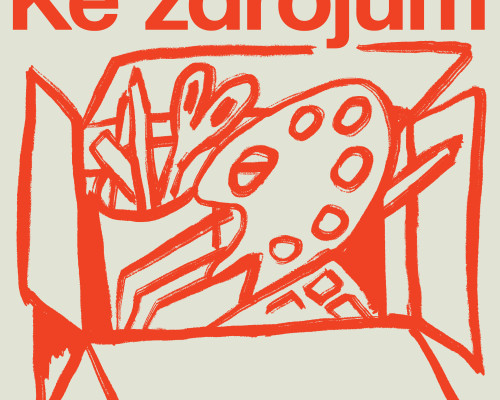
Ke zdrojům! #1: Art Supplies
12. 12. 2023
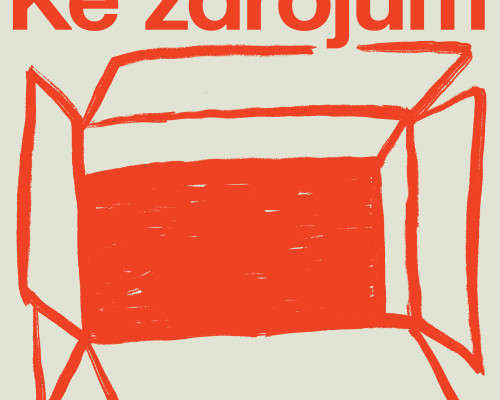
Ke zdrojům! #2: The Resources Ran Out
29. 12. 2023
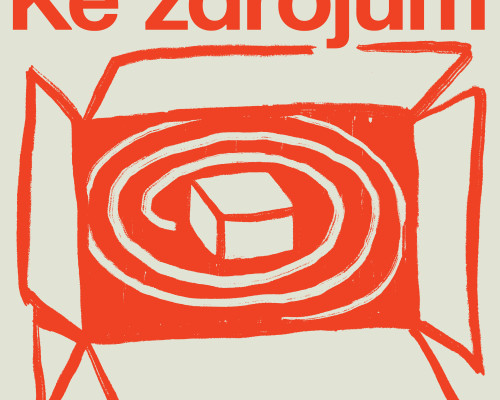
Ke zdrojům! #3: The Sugar and the Whip
15. 01. 2024
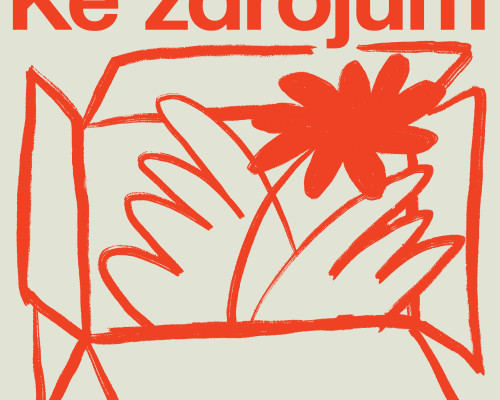
Ke zdrojům! #4: Beyond the Edge of the Village
29. 01. 2024
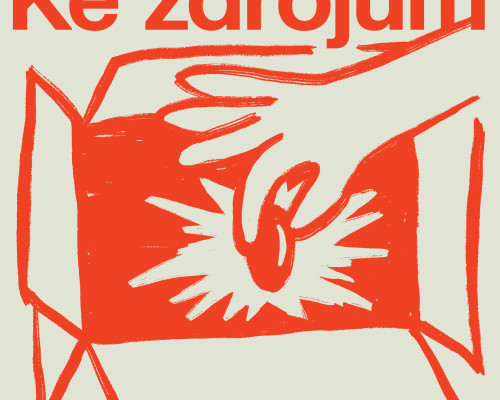
Ke zdrojům! #5: Sow and Reap
05. 02. 2024
Ke zdrojům! #6: The Foundation of the State
19. 02. 2024